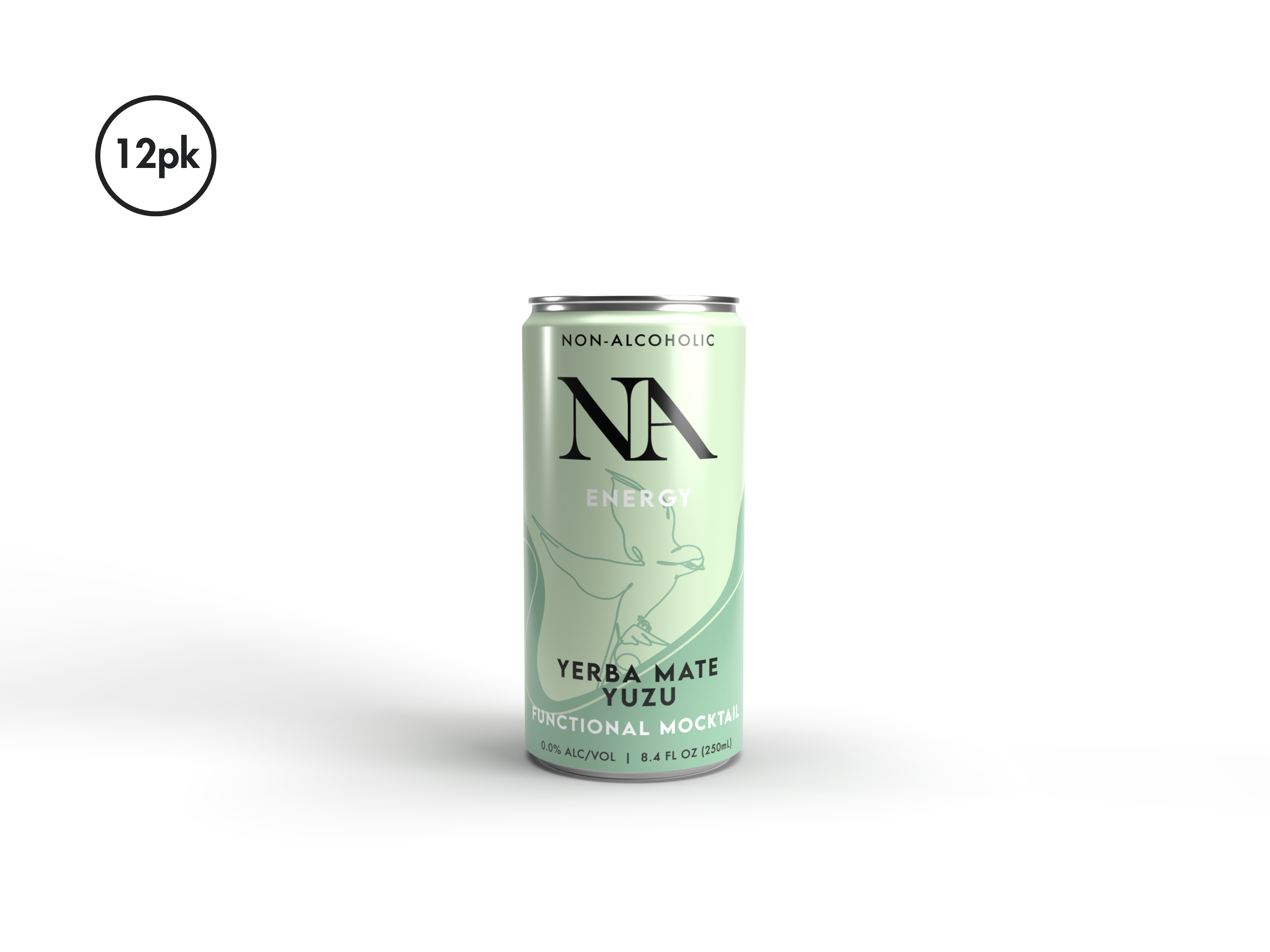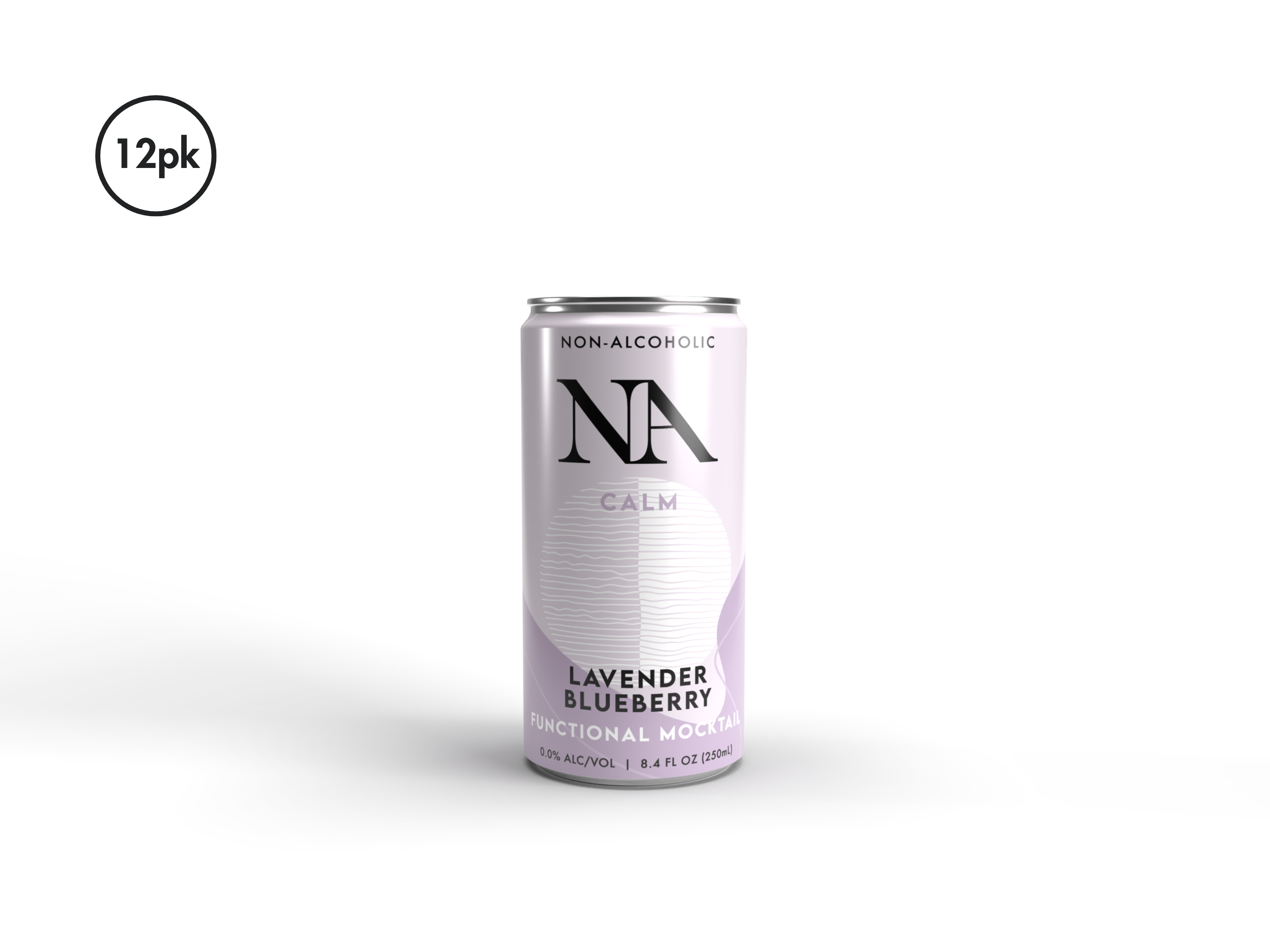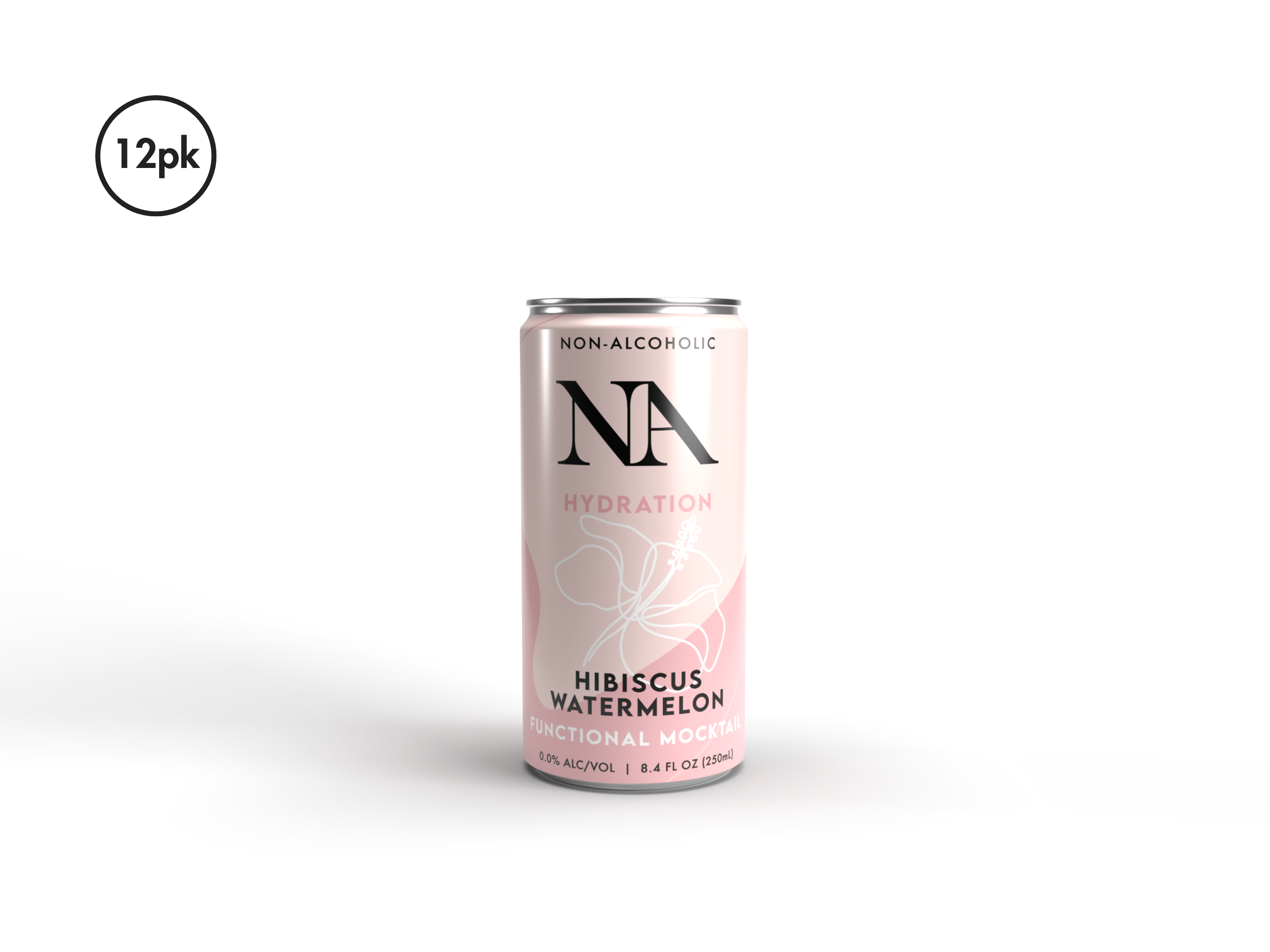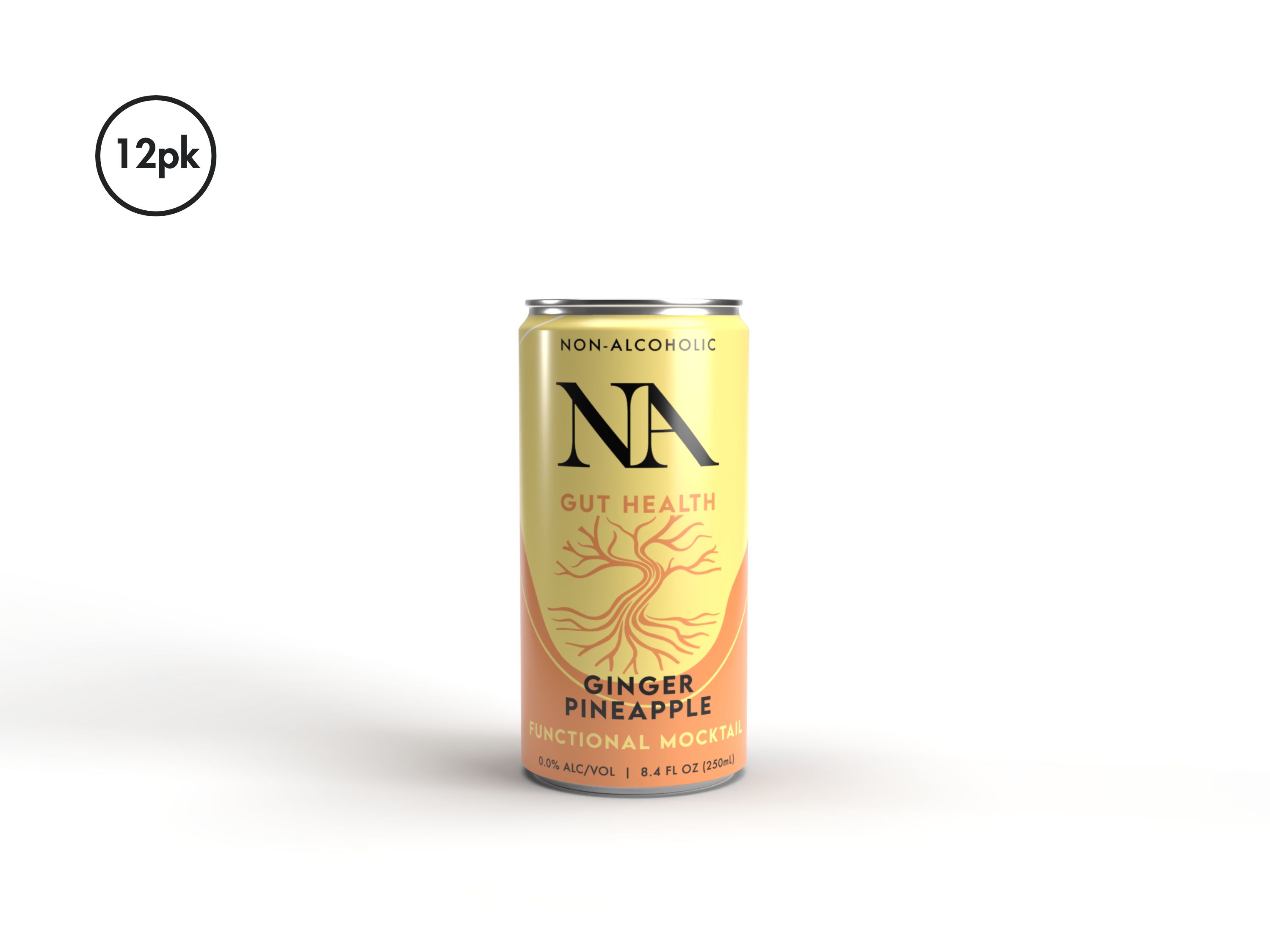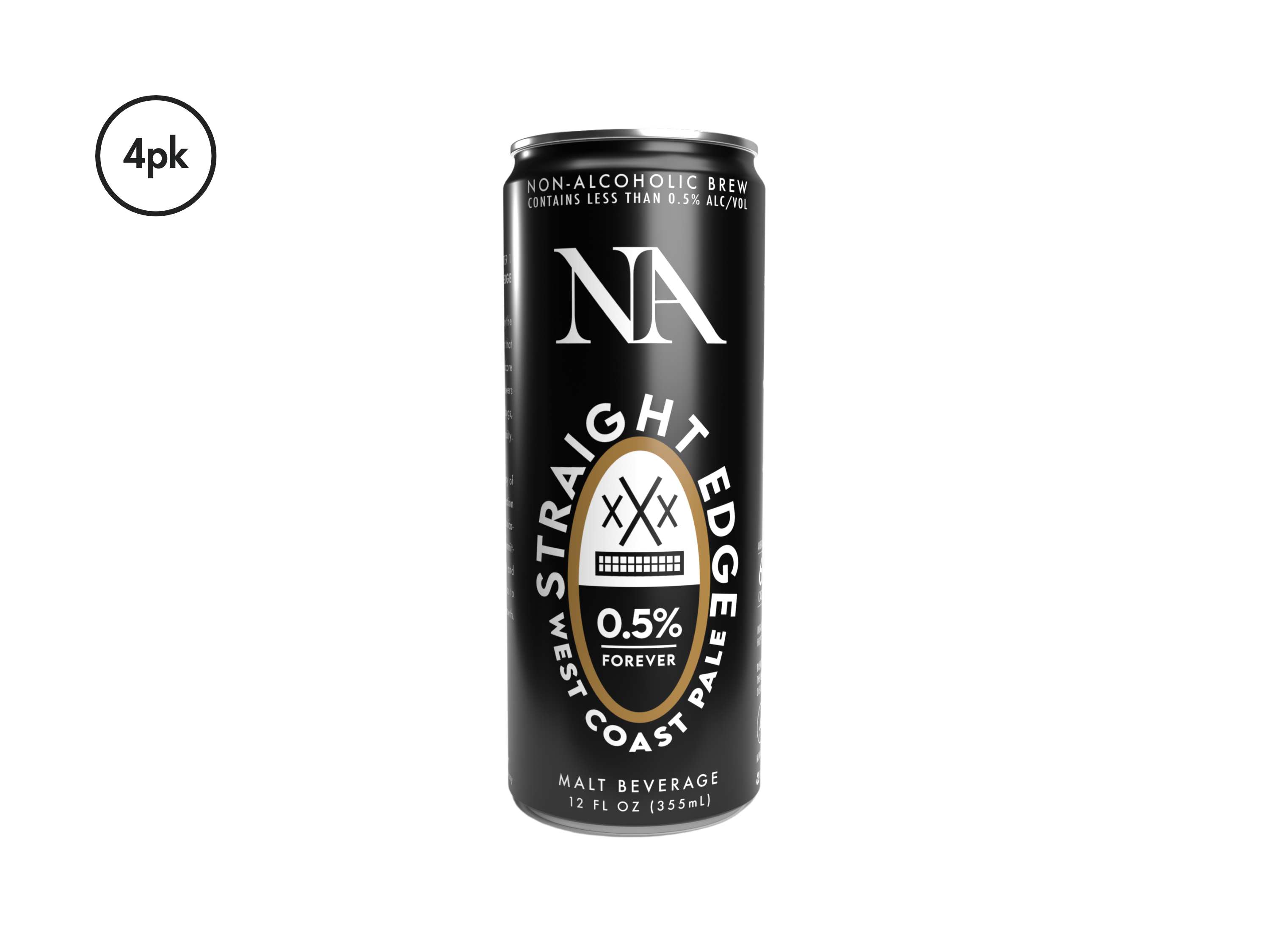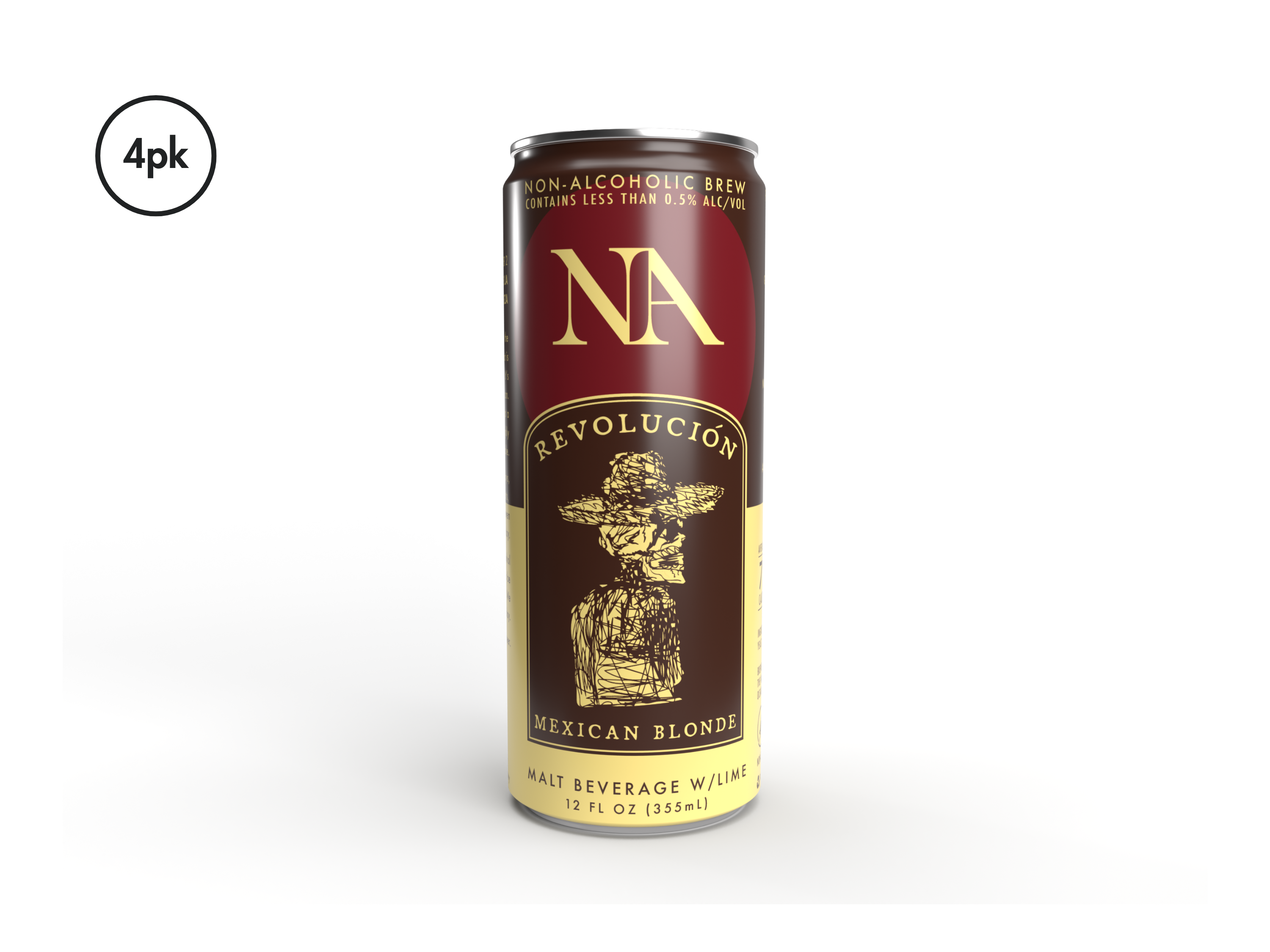Why is Generation Z going alcohol-free in 2025? Hear from this Gen Z NA member who shed old toxic habits and gained fresh, new perspectives in just one year.
The Beginning
In February 2024, during my first call with my personal coach, I began to articulate my goals for the year and reflect on my deeper sense of purpose. While I was focused on getting into better shape, traveling the world, and launching a business, something much more fundamental became clear: I was stuck. My lack of confidence, presence, and contentment were draining my happiness and creating negative emotional cycles. I realized that meaningful change required more than just surface-level adjustments—it demanded mindfulness, discipline, and consistency. In the process, I began to understand how my alcohol consumption was contributing to the very cycle I wanted to escape. This realization was a crucial turning point in my journey, aligning perfectly with a larger cultural shift: Gen Z’s growing commitment to mental well-being, healthier lifestyles, and social connections that don’t rely on alcohol.
Mindfulness: A Shift in Perspective
True change begins with awareness, and that’s exactly where my journey started. As I focused on training, dieting, and developing healthier habits, I quickly realized that alcohol, like other substances such as smoking and excessive snacking, wasn’t helping me achieve my goals. Alcohol wasn’t just a drink—it was a tool I used to mask my stress, lack of confidence, and anxiety, especially in social settings. At first, I justified it: "It’s what adults do," "It helps me unwind," "It’s for a special occasion," or "It’s only on weekends." But as I became more mindful of the way alcohol was impacting my mental and physical health, I saw through these excuses. I was using alcohol as a crutch to avoid deeper feelings that I didn’t want to face. As I started limiting my intake, I realized how alcohol was connected to other unhealthy patterns in my life: toxic relationships, unproductive environments, and habits that kept me stuck. In this way, my journey became about much more than just reducing alcohol—it was about addressing the underlying causes of my dissatisfaction and building a more intentional life.
Discipline: Navigating Temptation
When I started to make changes, it wasn’t as simple as just saying "no" to alcohol—it was about learning to say "no" to old habits, peer pressure, and societal expectations. This is where discipline became essential. I found myself in social situations where I had to make conscious choices—choosing water over beer, opting out of rounds at the bar, or leaving parties early. Even when people didn’t understand or questioned my decisions, I stayed true to my path. Discipline wasn’t about simply avoiding alcohol; it was about recognizing that my health, happiness, and personal growth were worth the discomfort of standing by my choices. It also taught me the power of resilience—being able to say "no" without guilt or fear of missing out. With discipline, I was able to break free from the constant temptation to fall into the same old patterns.
Consistency: Building Lasting Habits
Once I was mindful of the changes I needed to make and had the discipline to act on them, the final piece was consistency. Making small, healthy choices every day became the foundation of my new routine. I began replacing alcohol with healthier alternatives—like mocktails and refreshing non-alcoholic beverages—and filling my weekends with activities that didn’t revolve around drinking. My weekdays were focused on hydration, clean eating, and regular exercise. With consistency, I began to feel the rewards: more energy, better physical results, and an overall sense of mental clarity. Alcohol slowly lost its appeal, no longer fitting into my new way of life. Even when I stumbled, I reminded myself of my larger goal—true well-being—and got back on track, knowing that lasting change requires not just effort but a commitment to keep going, no matter the setbacks.
The Results: A Healthier, Happier Me
Looking back at this year-long journey, it’s clear that reducing my alcohol consumption was only one part of the transformation. By focusing on mindfulness, discipline, and consistency, I lost 45 pounds, ran my first half marathon, and launched a business that I’m proud of. Most importantly, I’ve become healthier—physically, mentally, and spiritually. I’m happier than I’ve ever been, and the clarity I’ve gained from this experience has made me more grounded and content with my choices. For me, the decision to reduce or even cut out alcohol wasn’t about following a trend—it was about reclaiming control over my health, my happiness, and my relationships. This journey mirrors a growing movement among Generation Z to choose mental health, personal growth, and meaningful social connections over mindless consumption. If you’re on a similar path of reducing alcohol or even going alcohol-free, know that you’re part of something bigger—a movement towards mindful living and greater self-awareness that prioritizes well-being over societal expectations.

